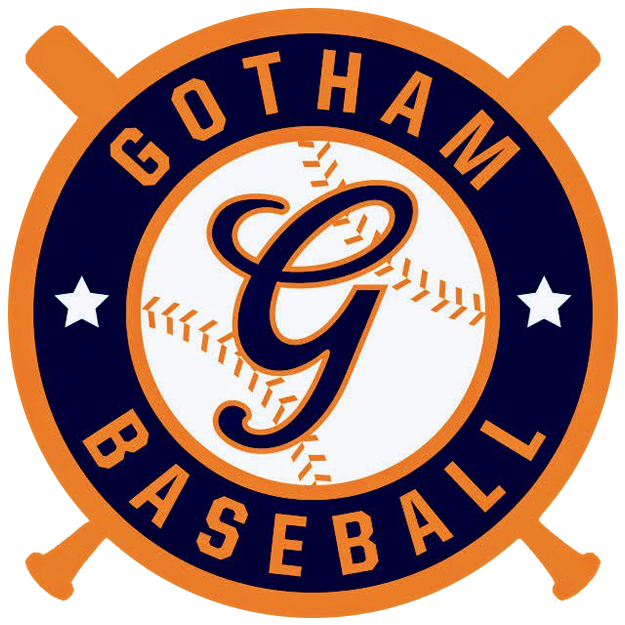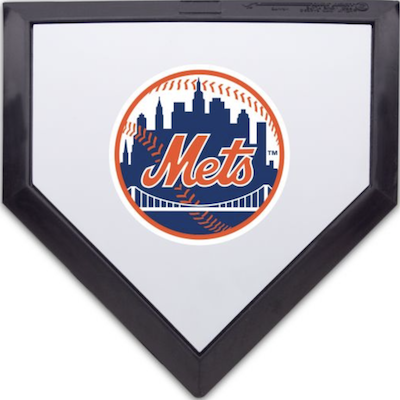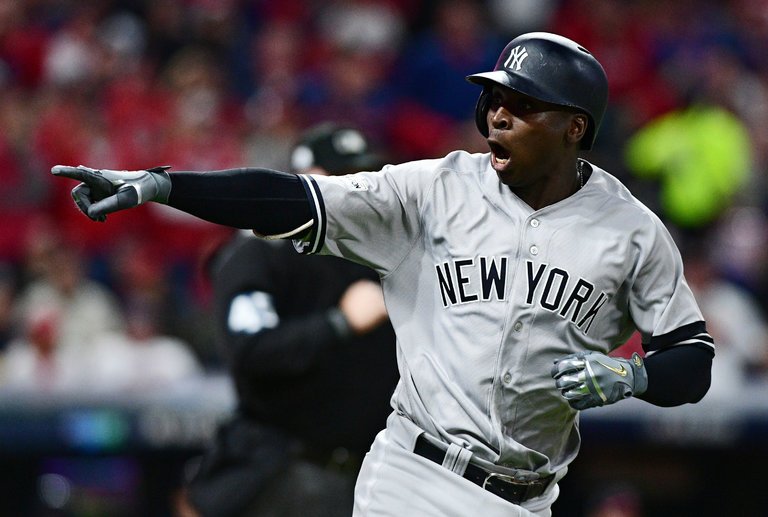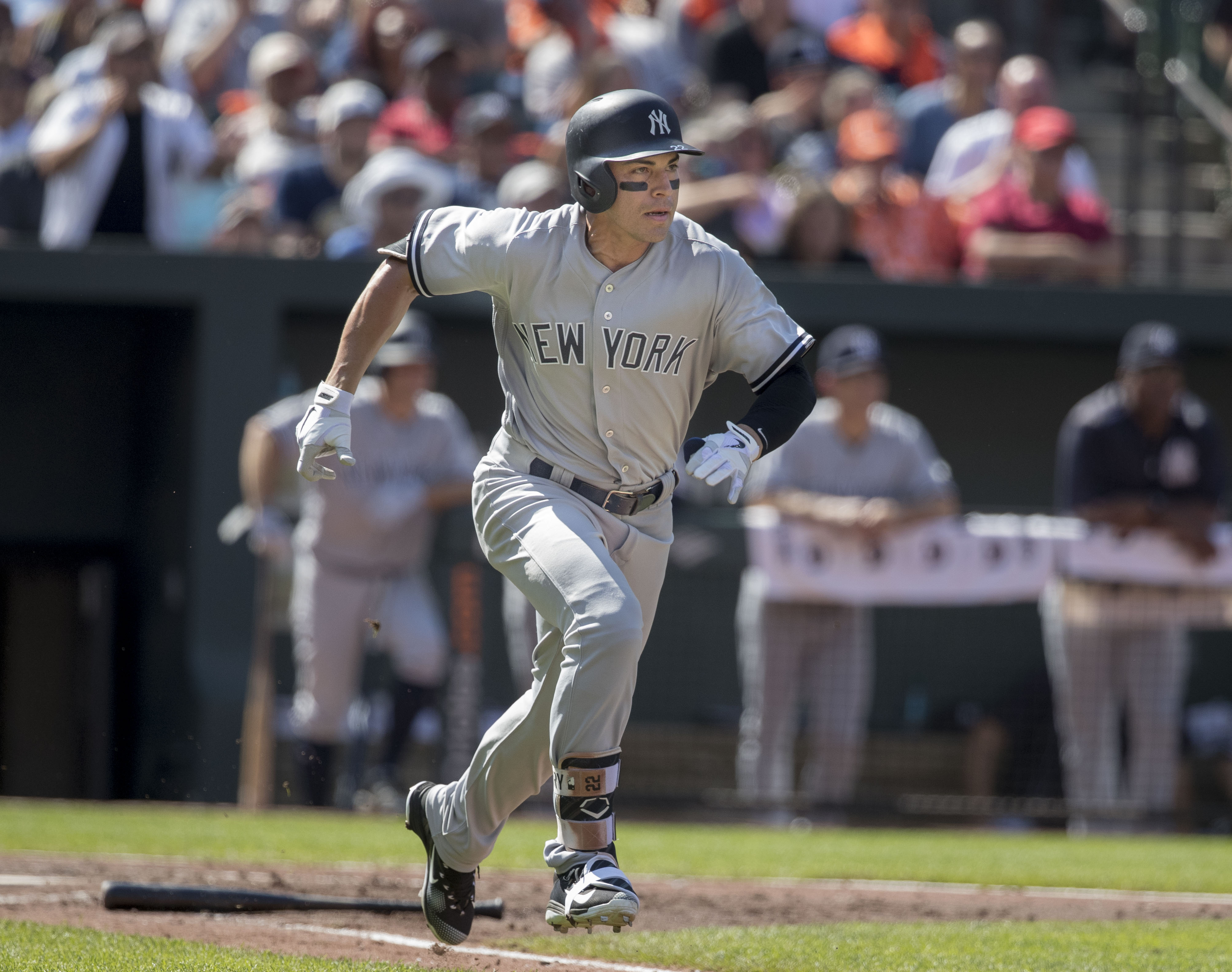It’s no secret that the Mets offense has been bad, but a simple look at a few common stats show just how bad it’s been.
Over recent years, baseball’s acceptance and appreciation of Sabermetrics, has birthed a new era of analysis. There have been so many new ways of crunching numbers to determine an individual player’s value, that many of the traditional baseball stats have been delegitimized. Two pieces of baseball’s Triple Crown, Batting Average and Runs Batted In, have been so de-valued at this point that many fans and reporters choose to ignore them. Even in Fantasy Baseball, a competitive pastime built around baseball stats, have removed these stats from their scoring systems.
Yet, much like a Norman Rockwell painting might still portray an accurate picture of American life, despite its datedness, some of baseball’s oldest and simplest stats still tell a clear story.
Which brings us to the 2021 Mets…
The Mets, who are now officially out of playoff contention (despite essentially being out of it since August), have 7 games remaining in 2021. So far this year, they have 1,181 hits, which means they are on pace to have just over 1,230 hits by season’s end. That would make this the 7th worst season in the Mets 60-year history when it comes to total hits. Even more upsetting, of the 6 worse seasons, 2 of them were strike-shortened (1981 and 1994), 1 of them was pandemic shortened (2020), 2 of them were 110+ loss seasons (1963 and 1965), and then 1 was actually a good Mets season that was just pitching-dominated (1972). I knew this was bad, just didn’t realize it was THIS bad. Similarly, the Mets are on pace to have about as many runs as they did in their infamous inaugural season, 1962.
Interestingly enough, the 2021 Mets already rank #15 in Mets single-season home runs. By the time this last week is done, this season might break the top-12.
Meanwhile, the team’s collective OPS is slightly better than the middle-of-the-pack in franchise history.
In other words, despite some offensive stats that rank from fine-to-good, the Mets just didn’t score this year.
It’s at this point that I can put the calculators down. For anyone who has been watching the Mets this year, not of this should be all that surprising. It’s not as if this team hasn’t had opportunities, it’s that they’ve wasted them repeatedly. In most years, a bases loaded & no outs situation would only be a disappointment if the team didn’t come away with multiple runs scored. This year, it was usually a question of how they’d fail to score anything – would it be a strikeout and then a double play, or just two strikeouts and then a normal fly out, or would the pitcher get out of it by striking out the side? If this happens once, or even twice, it could be cringe-worthy and still laughable. By the time this season wraps up, such situations warrant a reaction like Tom Hanks’ exasperated breakdown in The Money Pit.
There are two other stats that put the team’s offensive struggles in perspective for me, and they are two of the least cared about standard offensive stats – doubles and triples. At a time when there is so much discussion of baseball’s three true outcomes, to the point that front offices build their teams around this strategy, the Mets have proven why it doesn’t work. Barring anything unforeseen, this will be one of the franchise’s worst seasons when it comes to total doubles and triples. In fact, it’s entirely possible that the 2021 Mets will have fewer collective triples than Jose Reyes (in 4 separate seasons) and Lance Johnson (in 1996) had in single seasons. While I realize that hitting many doubles and triples does not guarantee a winning season, failing to do so usually means a losing one.
The Mets did indeed get some hitters on base this year, and repeatedly were unable to drive them home. This team was not built to be a home run hitting powerhouse, yet this offense was put together to score many more runs than they actually did. There are probably myriad stats that can explain this. Still, sometimes the simplest approach is the most effective.



